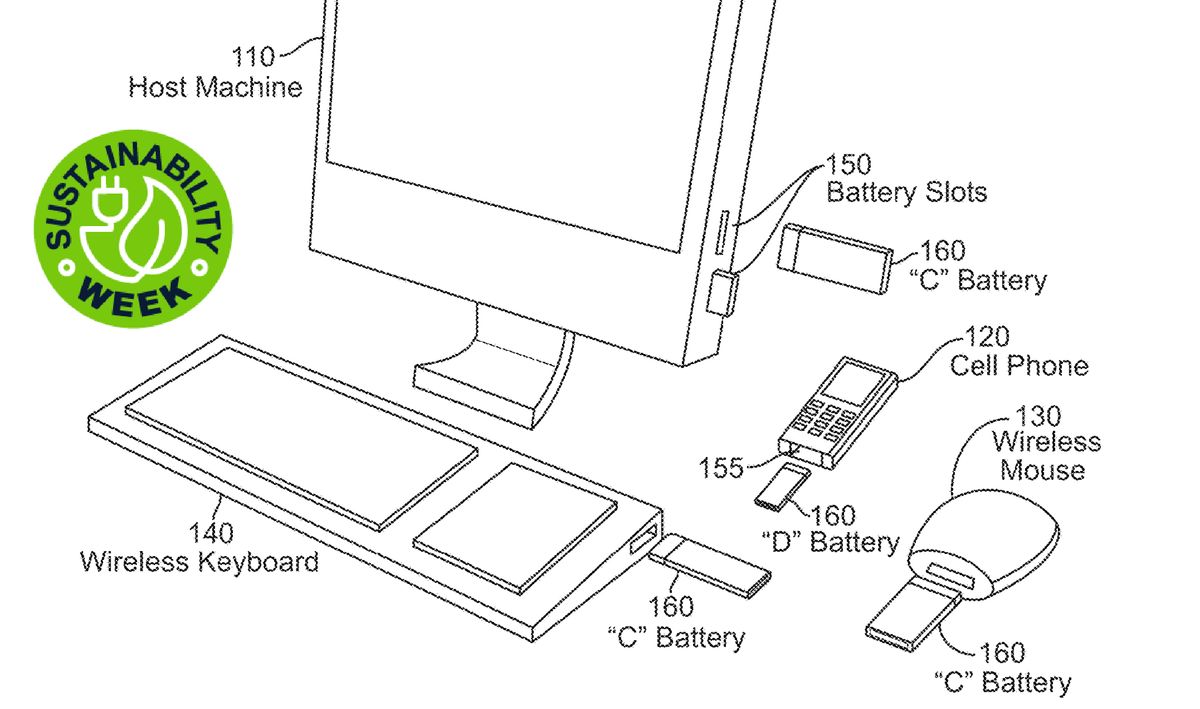What Is 5G Home Internet? Here’s Everything You Need to Know (2024)
Sick of slow, expensive, or unreliable internet service? You probably are. Internet service providers (ISPs) came second to last in a study of customer satisfaction by industry in the US last year. For most folks, internet service comes into the house via cable, and choices are limited. But with mobile carriers rolling out fast, low-latency 5G networks, that is changing.
For some people, 5G home internet could be a viable alternative to traditional broadband. Carriers are starting to offer 5G home internet packages as they look to recoup the costs of upgraded networks, and that could finally mean some real competition for ISPs. If you’re wondering what 5G home internet is, how it compares to broadband, and whether it might be for you, we have all the answers you seek.
Special offer for Gear readers: Get WIRED for just $5 ($25 off). This includes unlimited access to WIRED.com, full Gear coverage, and subscriber-only newsletters. Subscriptions help fund the work we do every day.
What Does 5G Mean?
5G is a global wireless standard, and it stands for fifth generation. Mobile carriers have been rolling out the fifth generation of cellular networks over the past few years. Compared with the previous generation (4G), 5G opens up unused radio frequencies at the high end of the spectrum. You can read our guide to 5G to learn more, but in simple terms, 5G is faster, has lower latency, and can handle more connected devices.
What Is 5G Home Internet?
5G home internet is an alternative to traditional broadband. Instead of running a cable into your home to connect to the internet, you connect to the 5G cellular network wirelessly with a fixed receiver inside or outside your home. You will use a SIM card and have a service contract, just like you do for your phone. You’ll still need a modem and router to convert the incoming signal into Wi-Fi and spread it around your home.
What About 4G Home Internet?
Some carriers already offer 4G LTE home internet, and some offer a mix of 4G and 5G. Both work the same way and require a receiver, but 5G allows faster speeds and lower latency. Theoretical speeds go beyond 10 Gbps with 1 millisecond of latency, but real-world performance around 1 Gbps is more common. A gigabit is enough for 5G to compete with broadband. 4G LTE typically maxes out at 100 Mbps but is often slower in the real world.
Is 5G Home Internet Better Than Broadband?
The short answer is no. The longer answer is that it depends. If you have fiber optic cable to your house, you can enjoy super fast wired internet, but if you rely on copper cable, your internet speed will be limited. The proximity of an exchange and internet demand in your area will also impact the speeds you get. Some folks lack a cable connection, but remote areas typically don’t have great 5G coverage. If you have solid 5G coverage in your area but internet service is poor or expensive, 5G home internet might be a better choice.
What Are the Advantages of 5G Home Internet?
5G home internet has a few advantages over wired broadband, but there are three big ones:
- Since there is no need for a physical cable, installation of 5G home internet tends to be much easier, and you can likely set it up yourself without an engineer visit.
- If you have good 5G coverage in your area, you can likely enjoy fast speeds, certainly much faster than old copper cables can provide.
- 5G home internet service might be cheaper than wired internet. Some carriers offer discounts and incentives to add 5G home internet service to your existing mobile plan.
What Are the Disadvantages?
There are pros and cons to everything. Here are some of the possible cons of 5G home internet:
- Coverage is limited and is likely to be best in cities. If you don’t have good 5G coverage in your area, 5G home internet is not for you.
- You will need a receiver with a good line of sight to a 5G cell site or tower for the best results. This may mean attaching an antenna to the outside of your home because 5G signals are not very good at penetrating through walls and can be prone to interference.
- As 5G adoption grows and networks expand, you may find your 5G home internet service is impacted. When 5G networks get busier, your home internet may slow down or suffer interruptions.
Can I Get 5G Home Internet?
It depends on where you live and what 5G coverage is like in your area. This coverage map from nPerf allows you to select by carrier to see coverage and download speeds. You can also check with your preferred carrier (most have coverage maps on their websites), but most only offer 5G home internet service in specific areas (big cities for now).
Who Offers 5G Home Internet?
There are several options for folks looking to get 5G home internet service, but make sure you read the small print. Most carriers offer a blend of 4G LTE and 5G. You are likely to get the best deals from carriers you take multiple services from, so if you already have cell service, your carrier will likely offer a discount on home internet. Here’s an alphabetical list of US options to start with, but new services are rolling out all the time:
- AT&T Internet Air
- Starry Home Internet
- T-Mobile 5G Home Internet
- US Cellular Home Internet
- Verizon 5G Home Internet
If you’re in the UK, here are your options:
- EE 4G and 5G Mobile Broadband
- National Broadband 5G
- Three 4G and 5G Home Broadband
- Vodafone 5G and 4G Broadband
Is 5G Home Internet Expensive?
5G home internet prices are not hugely different from wired internet service. It may even be cheaper for some folks. 5G home internet plans start from as little as $15 a month (Starry), but most cost between $30 a month and $80 a month, depending on the speed and service you want. Many carriers offer discounts for existing customers and other incentives. Because they are keen to attract new customers, many 5G home internet services offer unlimited data, no fixed contracts, and no equipment fees. Just make sure you understand all of the conditions before you sign up.


